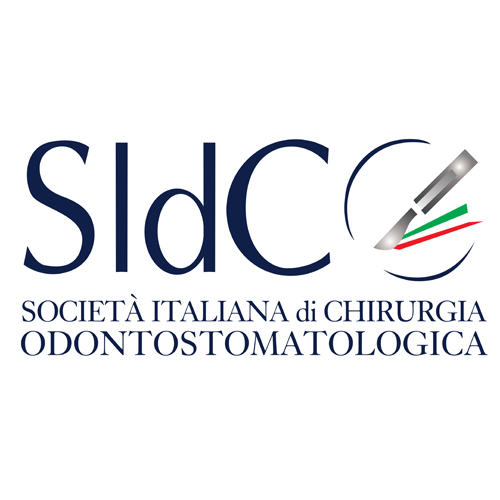
by Valeria Confalonieri | May 27, 2020
Pregnant women frequently suffer from dental and gum problems, however pregnancy is not a contraindication to dental treatment. Urgent dental treatments must be guaranteed to prevent potential risks for the pregnant woman (premature birth) or the unborn child (growth...

by Valeria Confalonieri | May 27, 2020
In case of low-complexity tooth extractions and in absence of infectious risk conditions, antibiotics should not be indiscriminately prescribed. However, it is recommended to adopt local antiseptic measures (antiseptics mouthwashes, sprays or gels) before and after...
by Valeria Confalonieri | May 22, 2020
Along with paracetamol, the most frequently purchased analgesics in Italy are NSAIDS, or non-steroid anti-inflammatory drugs. What we are talking about are known medications, like Aspirin, Aulin, Moment, Voltaren and many generic drugs. Although they are highly...
by Valeria Confalonieri | May 22, 2020
We have discussed it a lot but it is always worth returning to the discussion. Generic drugs are identical to the reference medicine (branded drugs). The only difference is that they are sold with the name of the active substance followed by the name of the...
by Valeria Confalonieri | May 22, 2020
Probably due to an excess of caution, doctors too frequently prescribe tests to determine the presence of allergic reactions (allergy tests) and to identify possible drug or food allergies. This occurs even when a patient’s personal history (in medical terms: medical...





Recent Comments